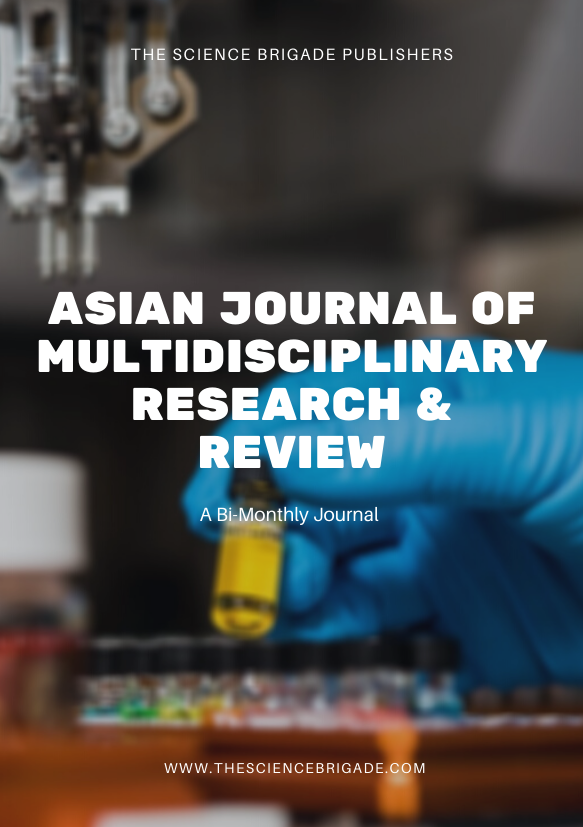Live-in relationships have gained prominence in India in recent years, presenting a complex legal and societal landscape. This article explores the need for a legislative framework to regulate live-in relationships in India, drawing inspiration from international experiences. It examines the current state of live-in relationships in India, discussing the legal ambiguity and challenges faced by individuals. The article presents legislative insights from abroad, analyzing legal frameworks from other countries and their objectives, successes, and challenges. The potential benefits of regulating live-in relationships in India, including the protection of partners’ rights and interests, are discussed. The article addresses concerns and challenges, emphasizing the importance of balancing individual freedoms with societal interests. It proposes a model framework for India, outlining key provisions and the importance of public and stakeholder input. The article concludes by emphasizing the significance of crafting a legislative framework for live-in relationships in India and calls for further discussions and actions on this critical issue.
Legislative Insights from Abroad: Crafting a Framework for Live-In Relationships in India
Publication Information
Journal Title: Asian Journal of Multidisciplinary Research & Review
Author(s): Pritha Fauzdar
Published On: 25/10/2023
Volume: 4
Issue: 5
First Page: 89
Last Page: 110
ISSN: 2582-8088
Publisher: The Law Brigade Publisher
Cite this Article
Pritha Fauzdar, Legislative Insights from Abroad: Crafting a Framework for Live-In Relationships in India, Volume 4 Issue 5, Asian Journal of Multidisciplinary Research & Review, 89-110, Published on 25/10/2023, doi.org/10.55662/AJMRR.2023.4502 Available at https://ajmrr.thelawbrigade.com/article/legislative-insights-from-abroad-crafting-a-framework-for-live-in-relationships-in-india/
Abstract
Share this research
Latest Publications

License Information
Copyright © [hfe_current_year]
Pritha Fauzdar

Ownership and Licensing:
Authors of this research paper submitted to the Journal of Science & Technology retain the copyright of their work while granting the journal certain rights. Authors maintain ownership of the copyright and have granted the journal a right of first publication. Simultaneously, authors agreed to license their research papers under the Creative Commons Attribution-NonCommercial-ShareAlike 4.0 International (CC BY-NC-SA 4.0) License.
License Permissions:
Under the CC BY-NC-SA 4.0 License, others are permitted to share and adapt the work, as long as proper attribution is given to the authors and acknowledgement is made of the initial publication in the Journal of Science & Technology. This license allows for the broad dissemination and utilization of research papers.
Additional Distribution Arrangements:
Authors are free to enter into separate contractual arrangements for the non-exclusive distribution of the journal’s published version of the work. This may include posting the work to institutional repositories, publishing it in journals or books, or other forms of dissemination. In such cases, authors are requested to acknowledge the initial publication of the work in the Journal of Science & Technology.
Online Posting:
Authors are encouraged to share their work online, including in institutional repositories, disciplinary repositories, or on their personal websites. This permission applies both prior to and during the submission process to the Journal of Science & Technology. Online sharing enhances the visibility and accessibility of the research papers.
Responsibility and Liability:
Authors are responsible for ensuring that their research papers do not infringe upon the copyright, privacy, or other rights of any third party. The Journal of Science & Technology and The Science Brigade Publishers disclaim any liability or responsibility for any copyright infringement or violation of third-party rights in the research papers.




